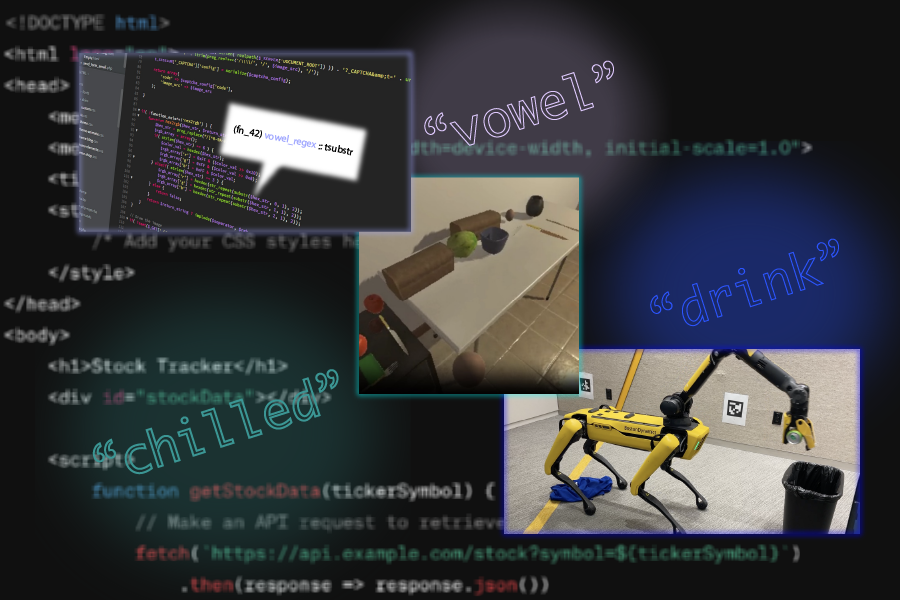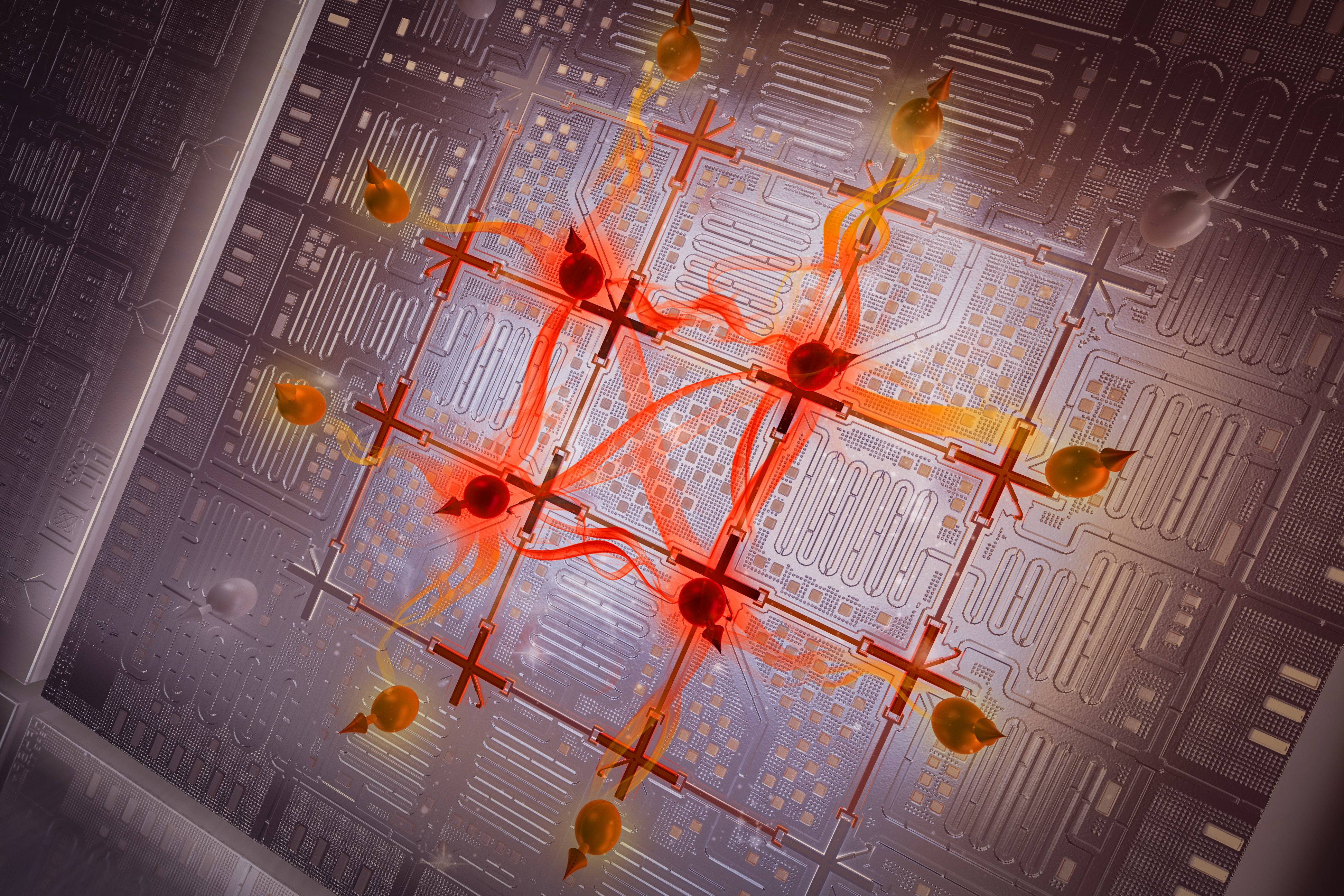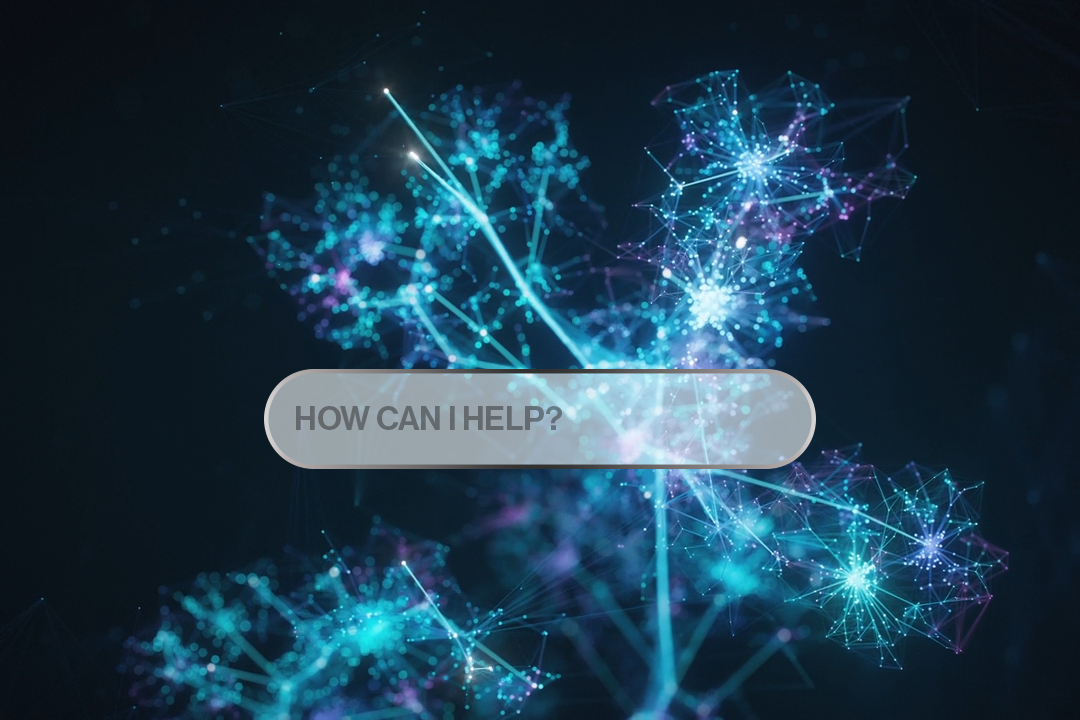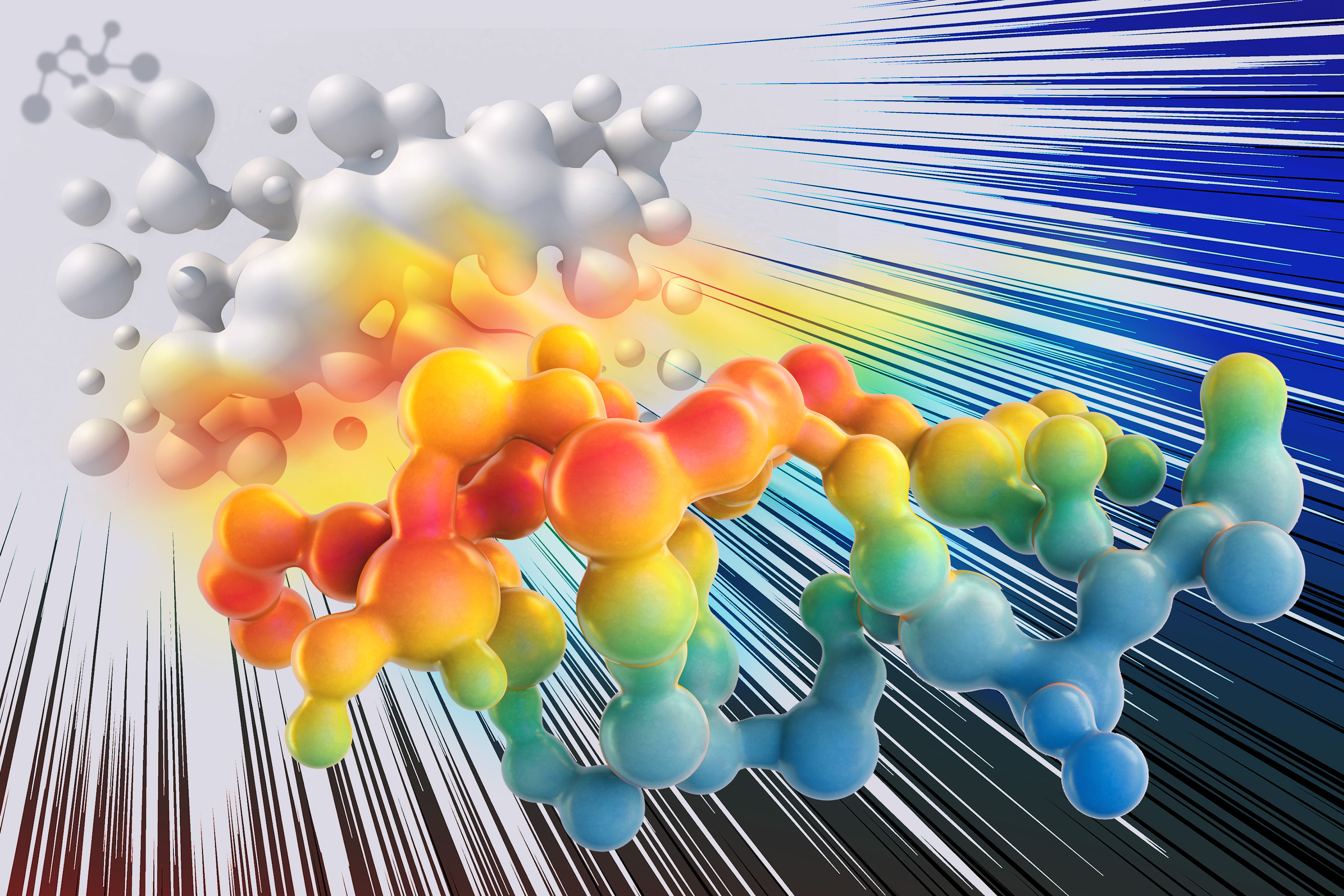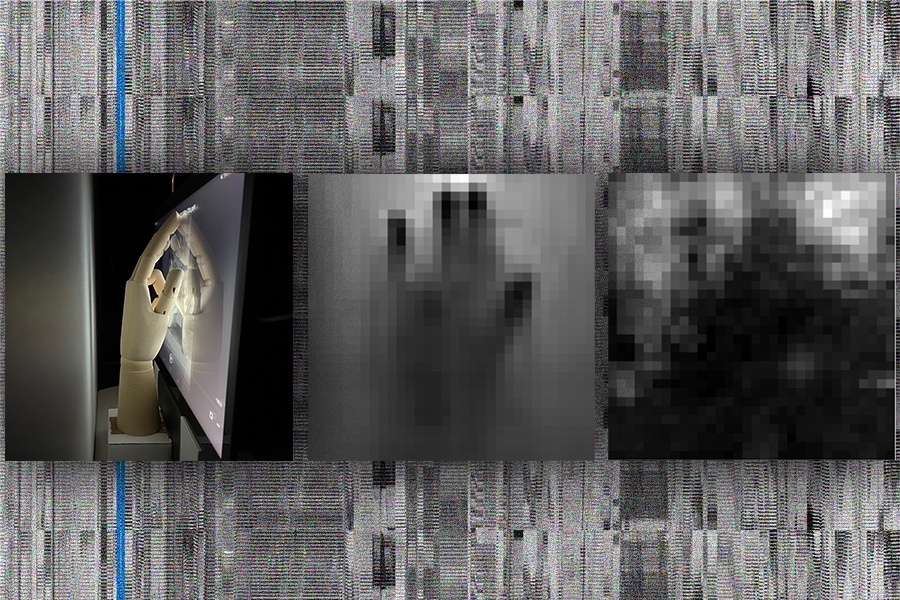Artificial reef designed by MIT engineers could protect marine life, reduce storm damage
The sustainable and cost-saving structure could dissipate more than 95 percent of incoming wave energy using a small fraction of the material normally needed.
Jennifer Chu | MIT News •
mit
March 26, 2024 • ~9 min
March 26, 2024 • ~9 min
/
10


